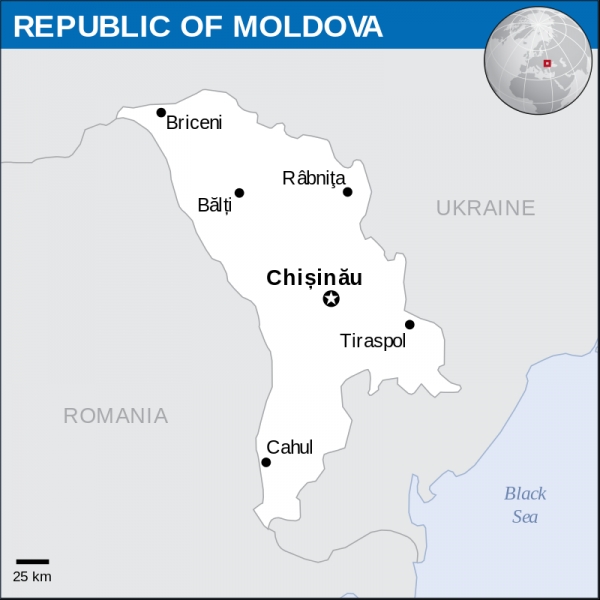
Hello, I am Ludmila Vizdoaga, an “Ajumma(아줌마)” living in Korea. When you google “Ajumma,” you can find many interesting images of it, such as perm hair, colorful outfit, heavy makeup, loud and raspy voice, and firm survival instinct. Korean people say there are three genders in Korea: male, female, and Ajumma.
It’s been more than 14 years since a country girl from Moldova came to Korea, following a man I love. Whether I intended to be or not, I now am an Ajumma(아줌마) here in Korea equipped with a strong survival instinct through tough experiences.
To which country you come, not to tour but to live in, the first thing that toils you is its language. Hangul is easy to learn. World-renowned linguists say that Hangul is the most philosophically and scientifically designed alphabet. But speaking Korean is a different thing. It is so complex and challenging to learn that a French Catholic missionary once said that ‘Korean language must be a devil’s invention.’ I can feel his frustration and perplexity. A multitude of inflections, particles, and honorific terms still baffles me after more than 14 years of speaking Korean.

Living like a Korean is not an easy thing, either. Historically, Korea has been a single-raced nation. Nowadays you can see lots of foreigners around. But it was not so back then, well, 14 years before. White skin and green eyes made me quite sightable in the local areas of Daejeon. Whether I went to school, service centers, or market, people’s eyes were on me. Some children were so taken by surprise by my unexpected and different appearance that they bumped into each other and tripped over backward, giggling and saying things I couldn’t get. I could laugh it away, but I felt like I was a monkey to tease. But now people are surprised by my fluent Korean, not by my different appearance.
As I bargain in the street markets, ask directions, order foods, or making coffee orders, people wear a little startled face, saying, “Are you not Korean?” Well, has more than 14 years of living in Korea made me look like a Korean? People seem to feel surprised and, at the same time, a bit disappointed to get Korean cookies from a box decorated with different wrapping paper.
These experiences gave me despairs but also developed my instinct for survival as an Ajumma. I teach English, which is not my mother tongue, to Korean Ajummas. I help foreign workers who come to Korea to get a job with laws and Korean cultures related to their work environments.
Besides, I work as a coffee barista who I adore coffee. Four languages I command, and more than three jobs and roles sometimes confuse me.
“Who am I?”
But one thing for sure is that I am a Korean Ajumma from Moldova, a far far-away land.
With these backgrounds and experiences of two different cultures, I am happy to have an opportunity to share with you the difficulties, beauties, and charms of these differences in this country.
[About Moldova]
Moldova (/mɒlˈdoʊvə/ (![]() listen), sometimes UK: /ˈmɒldəvə/),[11][12][13] officially the Republic of Moldova (Romanian: Republica Moldova), is a landlocked country in Eastern Europe,[14] bordered by Romania to the west and Ukraine to the north, east, and south.[15] The capital city is Chișinău. [Source: Wikipedia]
listen), sometimes UK: /ˈmɒldəvə/),[11][12][13] officially the Republic of Moldova (Romanian: Republica Moldova), is a landlocked country in Eastern Europe,[14] bordered by Romania to the west and Ukraine to the north, east, and south.[15] The capital city is Chișinău. [Source: Wikipedia]
[Map of Republic of Moldova]

[About Ludmila]

She is from Moldova and has been living in Daejeon, Korea for more than 14 years.
She speaks 4 different languages like Romanian, Russian, English, Korean.
She is an English teacher and also works as a coffee Barista in Daejeon city.


